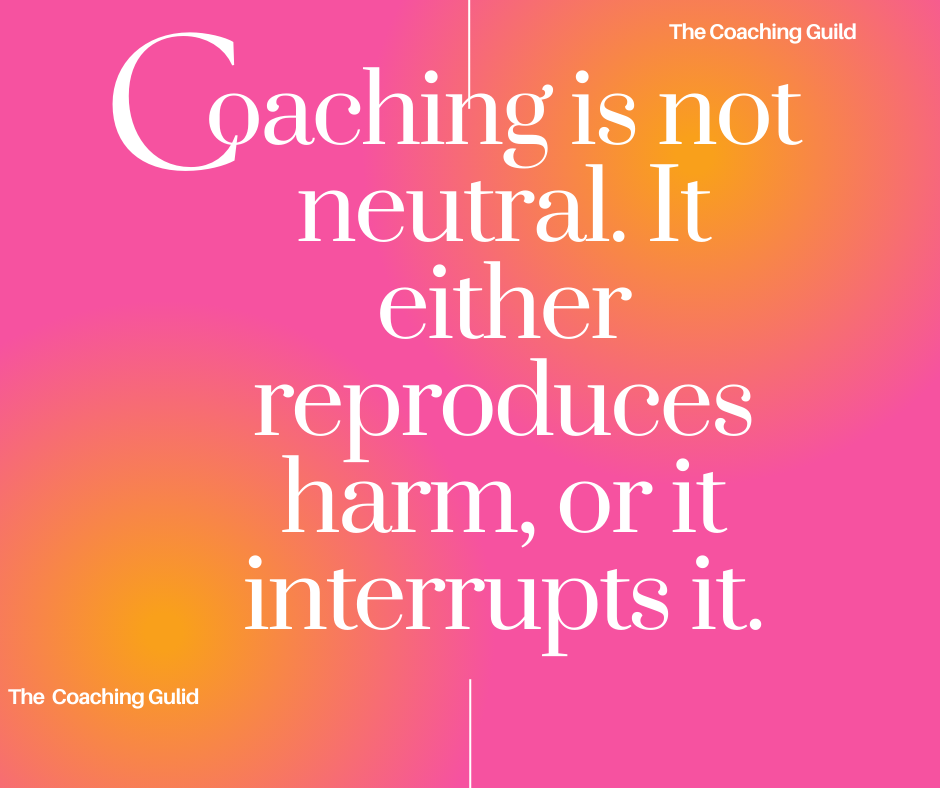40% of Students Who Start The Coaching Guild Will Fail AND That is Exactly Why You Should Join
Sometimes things don't turn out the way you thought they would.
A couple of weeks ago, I wrote a post about the students graduating from The Coaching Guild and their investment in getting there. For the record, they invest a lot, the least of which is the money because the time and energy commitment is significant. It is why I shared more than 40% of the students who start do not finish.
I admit I paused and thought about that number long and hard when I wrote that.
At the beginning of the program, I agonized when a student left or was invited to leave the program. I am deeply invested in the success of our students, all of the instructors are.
Despite that level of commitment to students, some fell too far behind to catch up. Others had personal issues that required more of their attention. Through the process, some ultimately left because they realized coaching wasn’t their calling or our program wasn’t the program for them.
I have received a small handful of messages from marketing folks and potential students who noted the 40+% failure rate. Some strongly felt sharing a drop-out or failure rate in a promotional post was a catastrophically bad idea.
This is a quote from one of those messages: “Your program’s lack of success rate is nothing to brag about. The fact that you are taking money from unsuspecting students and failing to pass them through your program is unconscionable. The secondary fact that you’d admit it publicly only reinforces my belief that you know nothing about coaching or how to market a program. Coaching isn’t rocket science, and students should not be failing a well-constructed program. You need to get them to completion and hand them the certification they paid for.”
First of all, we have appropriately handled the money stuff. I am confident every student who has left the program felt financially whole.
More importantly, the real side-eye in that message, the lie we need to unpack is: Coaching is easy enough anyone can do it.
Obviously, coaching is not rocket science. That said, coaching is nuanced, complicated, and at times highly technical and challenging.
Coaches work in the hearts, souls, and heads of their clients.
Coaches need the training to be the professionals our clients have a right to expect us to be. We need more skills than the things we learned in the life-classroom of hard knocks.
Yes, you can get a weekend certification to be a coach. You can take an online course for $90 in ninety days and get a paper to hang on your wall that says you are a master coach. You can coach with NO training at all and no apologies.
Just because you can does not mean you should.
We do not need to lower the standards to accommodate more people who want to call themselves a coach. We do not owe anyone certifications or membership cards. We need to eliminate more than we embrace BECAUSE being a coach is more than just a calling. It is a responsibility.
The Coaching Guild is not a social club.
It is not a cookie-cutter coach-making machine that teaches one way of working with clients, and it is most certainly not a place where you can buy a certification without putting in the work –
and that work takes hundreds of hours over the course of about a year.
I am not ashamed of a 40% program failure rate. It is what it is. In fact, I think it is probably about what it should be.
I am very, very proud of the nearly 60% who have graduated or are on track to graduate. Those coaches are rocking it.
If you are an artist, a creative, an outsider, a rebel, a rockstar, a misfit, a non-joiner, or a good trouble-maker, and you think you might want to change the world, one client at a time, check us out.


